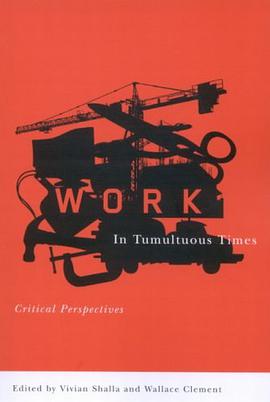

具体描述
Compared with other primates, humans have complex and varied social systems that change through time. As a result of greater cognitive complexity and language, humans can communicate and negotiate varied forms of cooperation. Jrme Rousseau makes cognitive complexity his starting point in an innovative study of how and why human societies evolve. The focus of Rousseaus enquiry is "middle-range" societies - a vast category between hunter-gatherers and states. Breaking away from traditional analyses of social evolution as a response to ecological constraints, he shows that social systems are maintained and transformed through self-interest. He also offers an analysis of how conflicts about sharing generate social transformations that result in inequality and increasingly encompassing socio-political structures. Rethinking Social Evolution draws on a wide range of ethnographic case studies to show how language and increased cognitive abilities constitute the motor of social evolution, offering a better understanding of how modern societies continue to transform themselves and showing that societies are the result of choices by people who both collaborate and compete.
作者简介
目录信息
读后感
评分
评分
评分
评分
用户评价
相关图书
本站所有内容均为互联网搜索引擎提供的公开搜索信息,本站不存储任何数据与内容,任何内容与数据均与本站无关,如有需要请联系相关搜索引擎包括但不限于百度,google,bing,sogou 等
© 2026 book.wenda123.org All Rights Reserved. 图书目录大全 版权所有




















